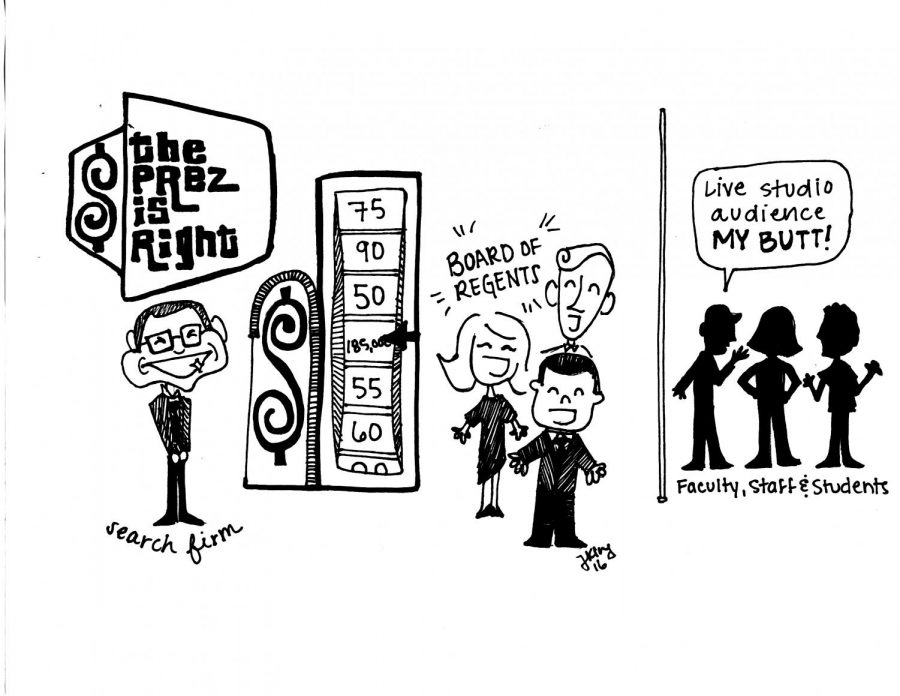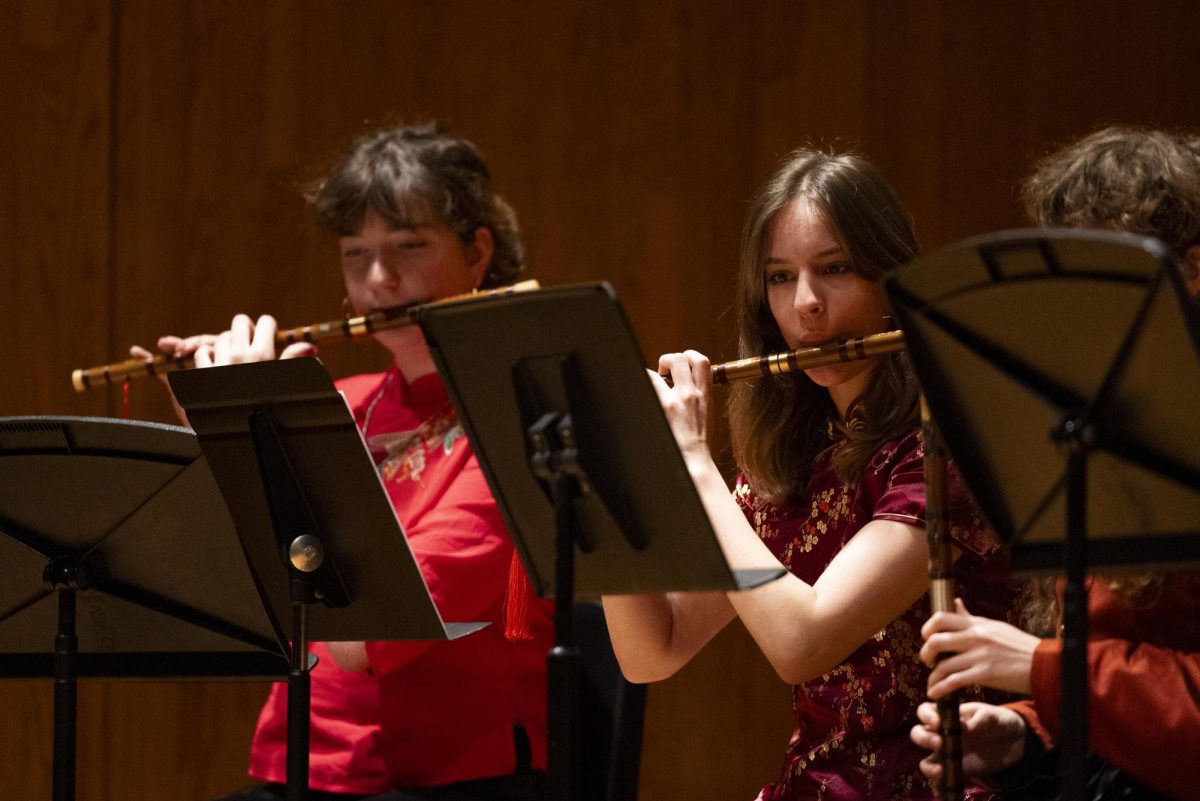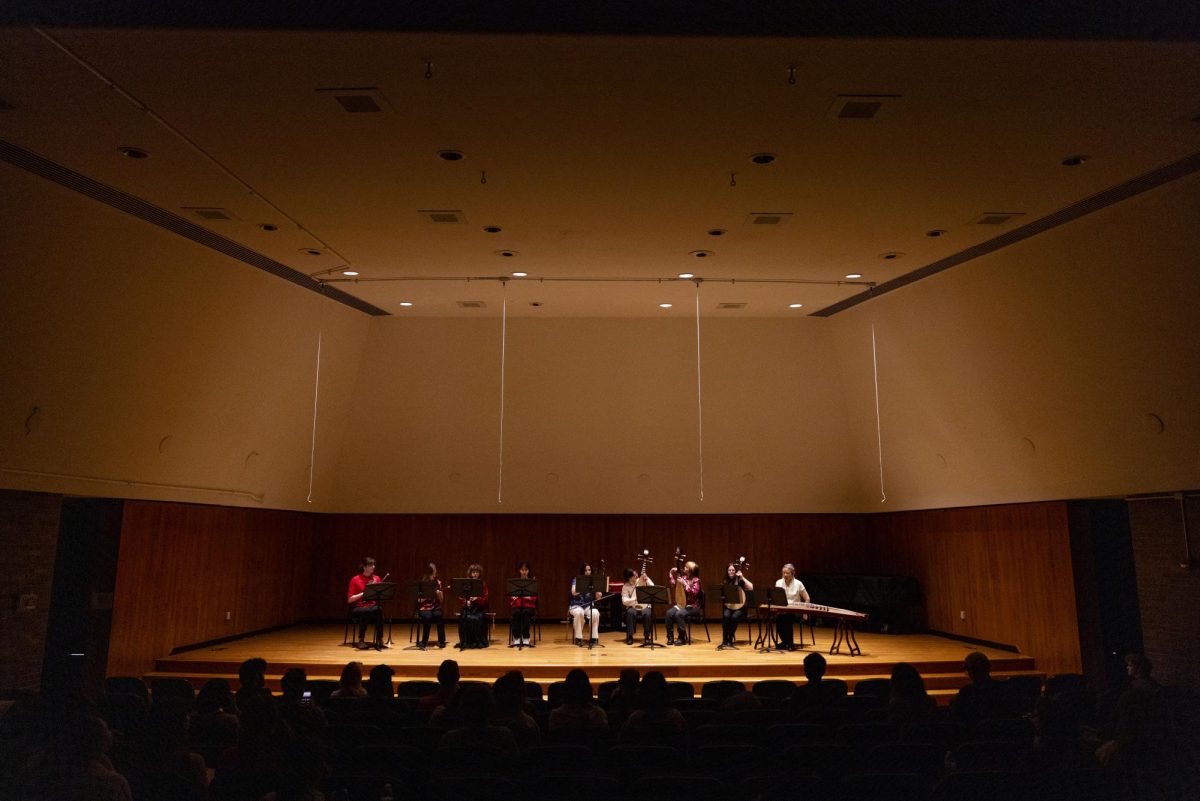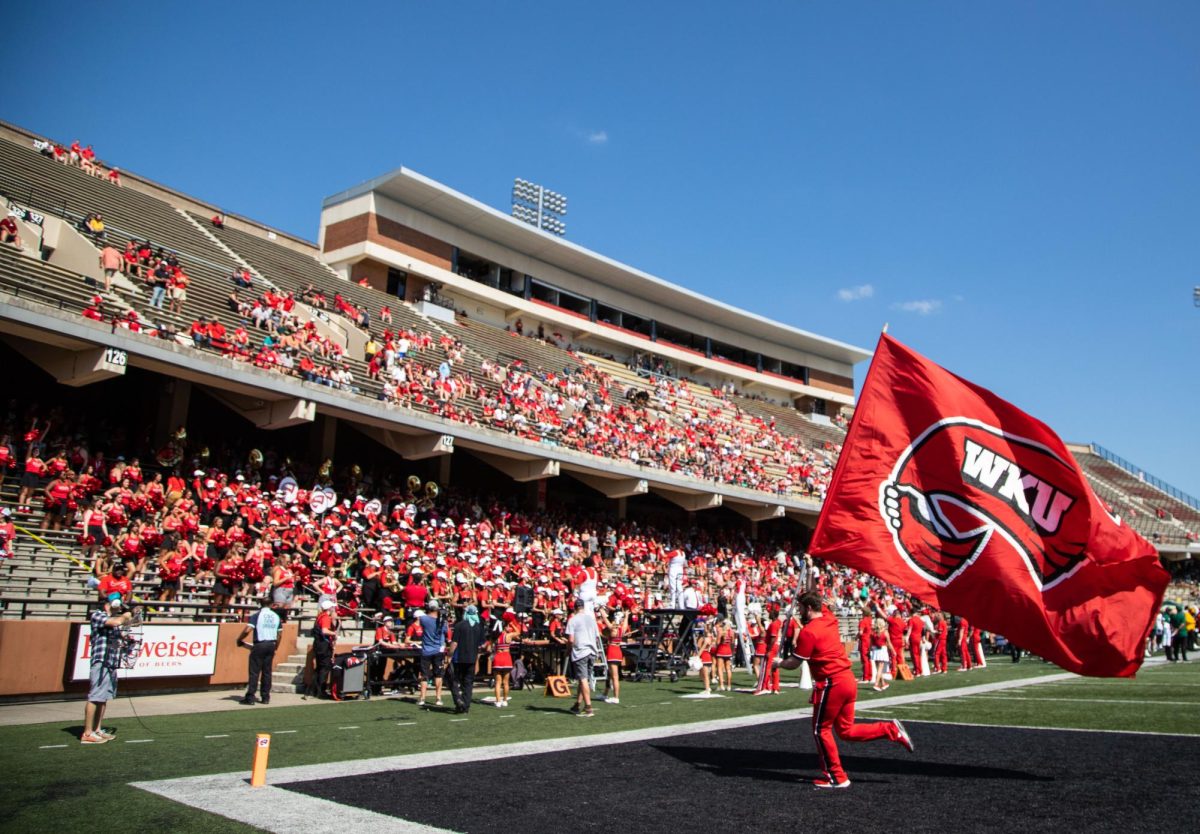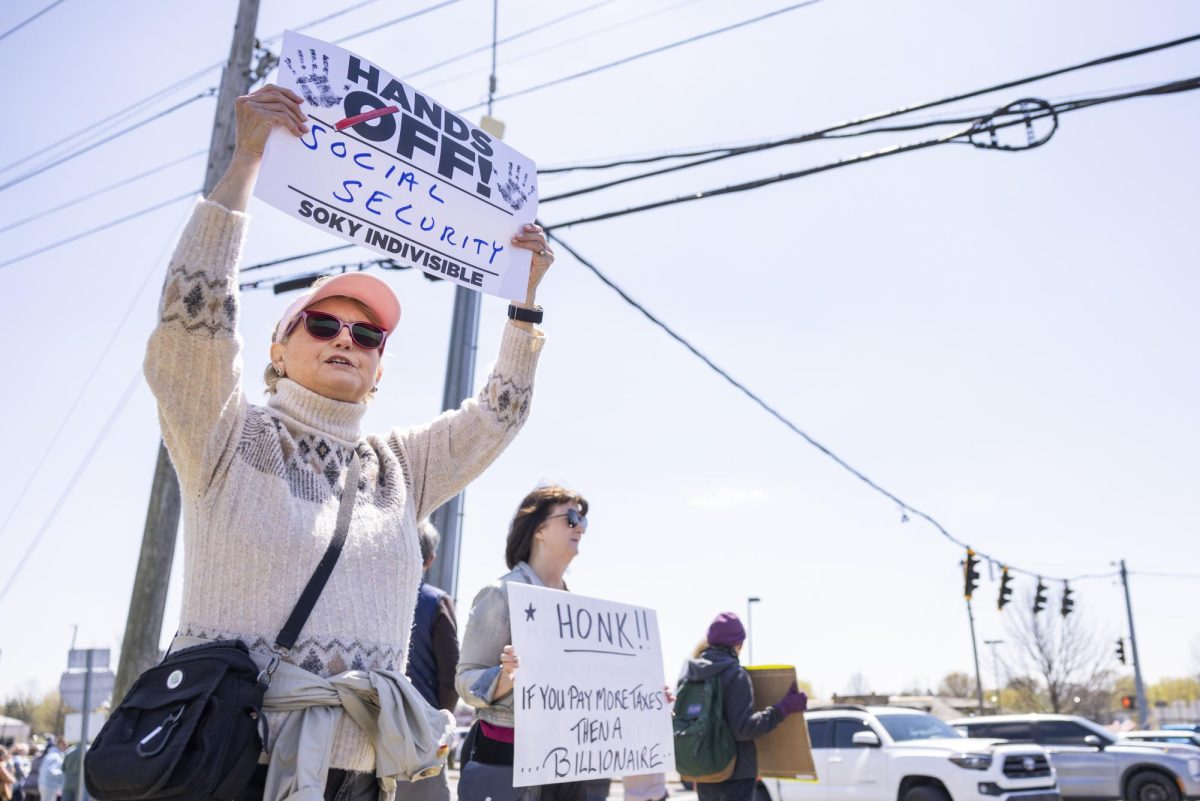EDITORIAL: Regents should keep presidential search open
September 19, 2016
CLEAR AS MUD
The Issue: Isaacson, Miller, the firm conducting the search for the next WKU president, has expressed the presidential search process would be a closed search.
Our Stance: Having the search process remain closed until the board has already hired the next president is not only an affront to the principles of transparency and accountability but also an injustice to the people who this would affect the most at WKU: everyone. If the board is truly supposed to represent the best interests of WKU, then this involves conducting an open search.
How much would you wager it costs to keep a secret? At WKU, that price tag is in the ballpark of $185,000, the cost of WKU’s personal service contract with Isaacson, Miller, the search firm giving WKU a helping hand in finding our next president.
Recently at University Senate, Kate Hudepohl, senate chair, revealed to the senate that Isaacson, Miller understood the presidential search would be closed, but the full Board of Regents has yet to take formal action on this front.
A closed search, in this context, means the names of the candidates won’t be revealed, and there would not be open forums on campus with candidates.
Isaacson, Miller representatives told Hudepohl closed searches are a growing trend because candidates like to maintain confidentiality during searches.
Phillip Bale, chairman of the presidential search committee, took the confidentiality aspect a step further when in an interview with the Daily News , he said one of the things Isaacson, Miller told him was “if they were unable to provide confidentiality at least two thirds of the people they’ve talked to already would drop out immediately.”
In some cases, it may be preferable for two-thirds of applicants to drop out immediately considering some of the candidates that are a byproduct of closed searches.
For example, take a case at the University of Missouri. Tim Wolfe, the former University of Missouri president, resigned from his position last November “amid complaints that he had done too little to address racism and other ugly incidents on campus,” reported the Washington Post.
Wolfe’s resignation was a culmination of several incidents such as not addressing concerns brought by a black student group, Concerned Student 1950, and a hunger strike by graduate student Jonathan Butler.
The process which resulted in Wolfe’s presidency was what the Columbian Missourian called a “well-kept secret” and concluded a yearlong confidential search. Additionally, it hasn’t learned its lesson as it once again plans to use the same search timeline and selection process that resulted in Wolfe’s hiring.
Confidentiality is often the keyword played up in these searches so the “good candidates” won’t be scared away from applying, which seems paradoxical in of itself. One would think “good candidates” would want to meet the people they’re potentially being hired to serve and represent.
Yet, as the role of search firms in higher education slowly becomes the standard, some wonder what they even add to the overall process.
James Finkelstein, a professor of public policy at George Mason University, is the lead author of a report on a study that raises questions about the role of search firms at public colleges.
Finkelstein, in an interview with the Chronicle of Higher Education, said researchers found search firm contracts often give them wide latitude in their operation with few specific requirements. For example, only 10 percent of the contracts the researchers looked at required the firms to conduct background checks on candidates and 22 percent will check criminal backgrounds for an additional fee.
Barbara Burch, faculty regent and representative on the presidential search committee, said there’s been no formal action taken by the board that would make the search a closed process, but Isaacson, Miller said it was their understanding that it would be closed.
Which also begs the question as to who we are entrusting to find our next president.
Is it the presidential search committee, made up of six board members, who, as Burch reminded everyone at the senate meeting, is enshrined to “search and screen” potential candidates with the final decision being left to the whole board or is Isaacson, Miller calling the shots?
Is this search open or closed? Does the board value the input of people at WKU in this process or not?
Burch is correct in saying the decision on the next president on any campus is the right of the board to make, but if this decision is made behind closed doors it will be a decision that is muddied and one met with disdain.
The Board of Regents must take this issue up for a vote immediately and vote in the best interests of WKU, not of a search firm.



